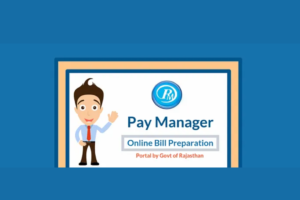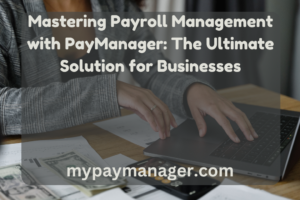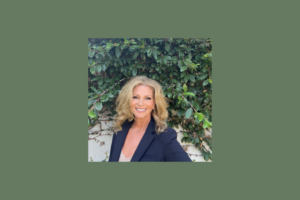A commodities broker isn’t just someone who buys and sells stuff like gold, oil, or corn. They’re your guide in the fascinating world of commodity trading, a market where fortunes are made and lost on the ebb and flow of global supply and demand.
Table of Contents
ToggleWhy a Commodities Broker is Essential for Newbies
New to commodity trading? A broker is your lifeline. They offer expertise, market insights, and access to platforms you’d never get on your own. It’s like having a seasoned sherpa guiding you through the treacherous peaks of the Himalayas.
Expertise: Your Secret Weapon
Commodity markets are complex beasts. Prices fluctuate wildly based on factors like weather patterns, geopolitical events, and economic trends. A good broker understands these dynamics and can help you navigate the choppy waters.
Market Insights: Stay Ahead of the Curve
Brokers have access to real-time market data and analysis that can give you a serious edge. They’ll keep you updated on the latest trends and possibly help you spot potential opportunities before they become mainstream.
Access to Platforms: Your Gateway to the Markets
Most commodity trading happens on specialized platforms that aren’t available to the general public. A broker can get you access to these platforms, giving you the tools you need to execute trades and manage your portfolio.
Risk Management: Protect Your Investment
Commodity trading is inherently risky. Prices can plummet just as quickly as they rise. A broker can help you develop a risk management plan to protect your investment from unexpected losses.
Diversification: Don’t Put All Your Eggs in One Basket
Commodities are a great way to diversify your investment portfolio. They often move independently of stocks and bonds, providing a hedge against market volatility. A broker can help you choose the right commodities to balance your portfolio.
Education: Learn the Ropes
A good commodities broker will take the time to educate you about the markets and how they work. They’ll teach you the lingo, explain different trading strategies, and help you develop your own investing style.
Customer Service: Your Partner in Success
A broker isn’t just a salesperson. They’re your partner in success. A good broker will be there to answer your questions, address your concerns, and provide ongoing support as you navigate the markets.
My First-Hand Experience with a Commodities Broker
I remember when I first dipped my toes into the commodity markets. I was overwhelmed by the sheer volume of information and the complexity of the trading platforms. Then I found a commodities broker who took me under their wing. They explained the basics, taught me how to read charts, and helped me develop a trading plan. With their guidance, I was able to make some profitable trades and gain confidence in my abilities.
Choosing the Right Commodities Broker
Not all brokers are created equal. Some specialize in certain commodities, while others offer a wider range of services. Do your research and choose a broker who aligns with your investment goals and risk tolerance.
The Bottom Line
If you’re considering venturing into the world of commodity trading, a broker is an invaluable asset. They can provide the expertise, insights, and support you need to navigate the markets and achieve your financial goals. Don’t go it alone; partner with a trusted broker and unlock the full potential of commodity trading.
FAQs
What is a commodities broker? A commodities broker is a financial professional who buys and sells commodities on behalf of clients. They also provide advice and guidance on commodity trading strategies. Commodity broker can also assist you with your own online trading in many ways.
What are the benefits of using a commodities broker? A commodities broker can provide expertise, market insights, access to trading platforms, risk management strategies, diversification options, education, and customer service.
How do I choose a commodities broker? Consider the broker’s experience, reputation, fees, services offered, and whether they specialize in certain commodities.
Is commodity trading risky? Yes, commodity trading is inherently risky. Prices can fluctuate rapidly and unexpectedly. However, a broker can help you understand and manage these risks.
Bio
Ilan Levy-Mayer is and has been an Associated Person (“AP”) and Vice President with the Introducing Broker (“IB”) Cannon Trading Company located in Los Angeles, California since February of 1998.
Disclaimer: The contents of this article are for informational and entertainment purposes only and should not be construed as financial advice or recommendations to buy or sell any securities
Trading commodity futures and options involves a substantial risk of loss.
Headshot
https://www.cannontrading.com/css/images/community/ilan-levy-mayer.jpg


















